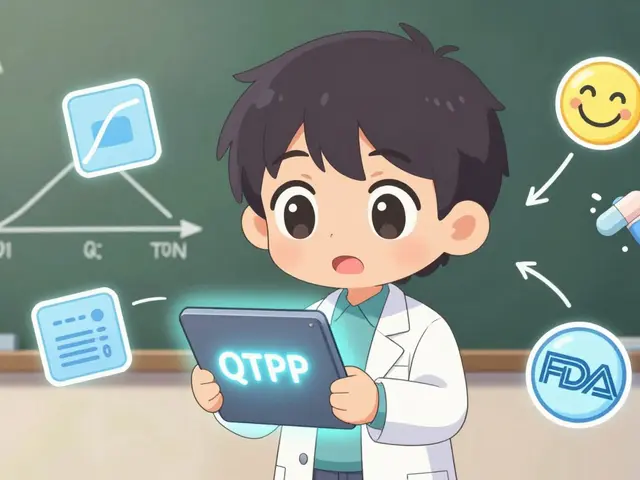Temperature Control in Medication Storage: Why It Matters for Safety and Effectiveness
When you buy medicine, you assume it works the way it should. But temperature control, the practice of maintaining specific heat ranges to preserve drug integrity. Also known as cold chain management, it's the silent guardian behind every pill, injection, and nasal spray you use. If your insulin gets too warm, your asthma inhaler too cold, or your antibiotics exposed to humidity, they can lose potency—or even turn harmful. This isn’t theoretical. The FDA has documented cases where improperly stored medications led to treatment failure, hospitalizations, and worse.
Most people don’t realize that drug stability, how long a medication keeps its strength and safety under given conditions is tightly linked to pharmacy storage, the controlled environments where drugs are kept before reaching patients. A pill sitting on your bathroom counter might seem harmless, but that steamy environment can break down active ingredients faster than you think. Same goes for leaving your epinephrine auto-injector in a hot car. These aren’t just storage tips—they’re medical necessities. Even something as simple as a liquid antibiotic left unrefrigerated can become ineffective within days, putting kids and elderly patients at risk.
Behind the scenes, hospitals and pharmacies use strict cold chain, a temperature-controlled supply chain from manufacturer to patient systems to track and protect sensitive drugs. Think vaccines, biologics, insulin, and even some cancer therapies—all require precise heat ranges. But it’s not just professionals who need to care. At home, you’re the last link in that chain. If you’re taking medication that needs refrigeration, do you know the exact temp? Do you check your fridge regularly? Are you storing your pills in a drawer away from sunlight? These small habits make a big difference.
The posts below cover real-world stories and science behind how heat, moisture, and poor handling affect everything from generic metformin to nasal sprays and breast milk during medication use. You’ll find practical guides on storing insulin, protecting antibiotics during travel, avoiding errors with partial fills, and why some drugs can’t even be shipped without special packaging. This isn’t about being perfect—it’s about knowing what actually matters so you don’t risk your health over something you can control.
Temperature and Humidity Control for Safe Medication Storage: What You Need to Know

Learn how temperature and humidity affect your medications, why improper storage causes drug failure, and how to keep your prescriptions safe with simple, science-backed steps.
read more


